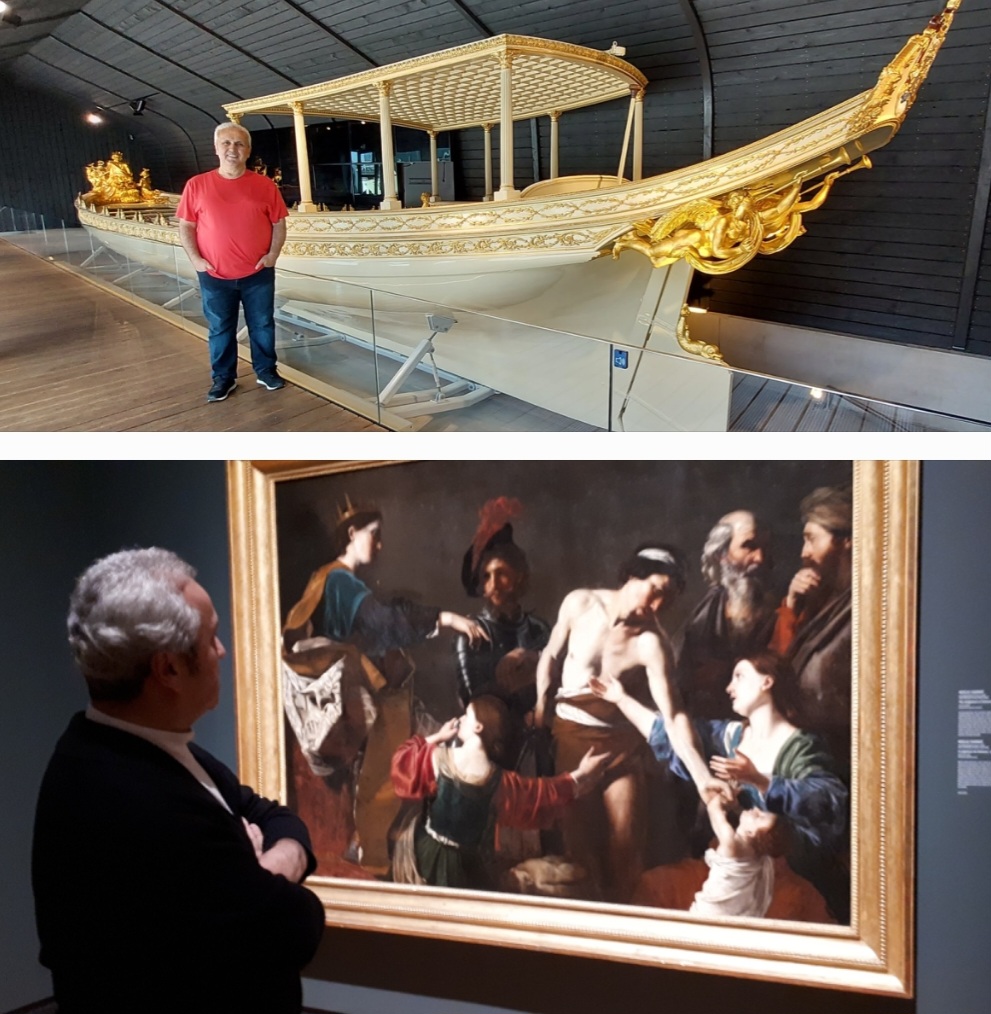Viewpoint
What do museums tell us?

Wherever I visit a museum in the world, that well-known Turkish proverb always comes to my mind. The proverb says “A donkey dies and his saddle is left behind. A person dies and his work is left behind.“
What one actually sees when looking at a historical artifact, ruin or painting varies from person to person. Personal background, educational level, culture and environment, and even differences in belief and nationality affect perspectives. It is nourished by the inner world that everyone sees and is reflected in their looks.
Museums are like concrete memories of nations. The writings, symbols and monuments engraved on stones in the past are the same as the images recorded by cameras today. The monuments we see in many squares are erected there for this purpose. They are a speaking language of history.
Museums show us what remains of past cultures, nations or well-known figures. This can sometimes be something to be proud of or something to be ashamed of. The life philosophy of people or the purpose of nations should be that when they disappear one day, positive deeds and good memories will remain. Sometimes this can be a concrete object, sometimes it can be beautiful memories left behind from them.
One day, I came across an archaeological excavation group in southeastern Turkey. They were carrying out excavations near Gobeklitepe, which was found to date back 11,000 years and is said to be the oldest known monumental structure of humanity. I can’t tell you how excited they were about even an object the size of a coin they found during the excavations. They were proud as if they were holding not just a small item in their hands, but a history and story.
The things exhibited in museums are not just objects. They reflect a history and a story. Just as an item or gift left behind by a deceased relative creates emotions in us, works in museums have a lasting impact on nations or cultures.
These came to my mind when I was visiting the museum with friends from UitC recently. What the guide who showed us around the museum told us about each object was actually our story. That is the story of humanity. Regardless of the geography of each object, what we saw actually reflected a common story of humanity.
As long as we can increase the common beautiful stories and works of humanity, we will leave a more livable world to future generations. Just as museums are like mirrors that reflect the generations before us, we must leave a world to the next generations as we would like to appear in a similar mirror tomorrow. Believe me, it is not actually that difficult to implement this.
By Osman Ozsoy




